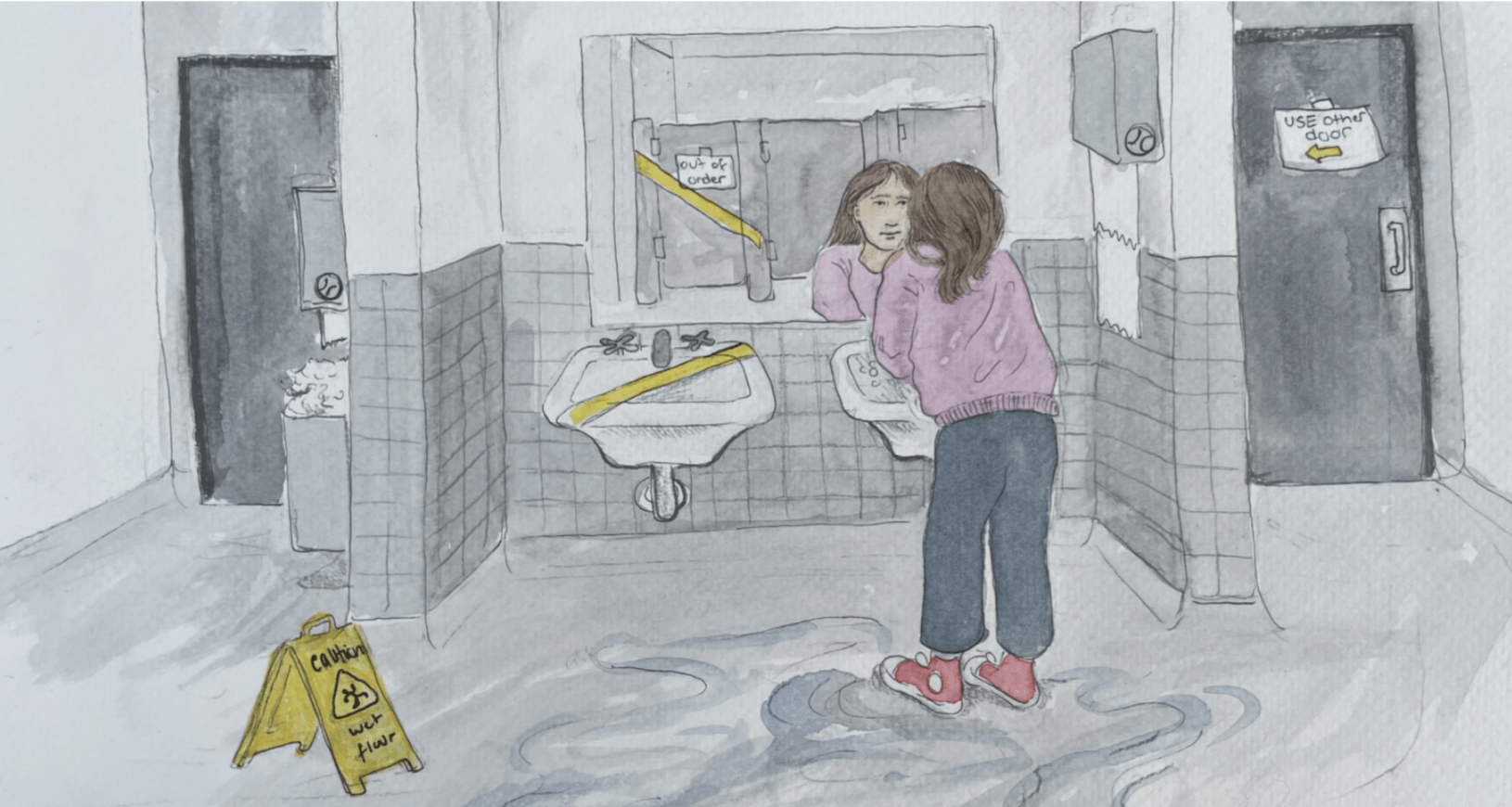My last birthday was a huge turning point in my life. On my fourteenth birthday, instead of getting the usual Xbox or Playstation, I received a gift worth 100 consoles combined. I got a checking account.
I bet you’re wondering, “What’s a checking account?”
Well, a checking account for minors is a bank account monitored by their guardians, and it can benefit a teen in many ways. It improves teenagers’ sense of money, and it helps them become more independent.
After I got my checking account, people started treating me like an adult by giving me more privileges.
According to fdic.gov, a bank account can help teenagers save and budget their money. This way, teens can split the money to pay for day-to-day items such as meals or clothes.
With a checking account, teens can give money, receive money, receive checks and invest in stocks all before the age of 18, enabling them to practice investing more.
A checking account can solve common teenage problems, such as a lack of responsibility, because they constantly need to monitor it.
For example, when teenagers receive checks, they would need to deposit them in the appropriate spot on their bank apps and keep the checks for a week to make sure the transaction finalizes. There have been some occasions when I had a bad check, and I had to re-submit it.
Not only do teenagers have to deposit checks, they learn not to spend their money willy nilly. They will be able to see how they won’t have any money left and the tough consequences that come with that choice.
If teenagers are ambitious, they could open a small brokerage account. This enables them to buy and sell investments or stock in various companies. A teenager would not just need to take care of their stocks and check up on them frequently, they would have to research which stocks to invest in and when to invest. This complex process with real money on the line definitely helps promote teen responsibility.
As my Dad always said to me, “With more discipline and responsibility comes more freedom.” It means that if one gives in to irresponsibility, they will be a slave to their desires.
When I mastered these responsibilities, I felt like I could do anything. I could buy whatever I wanted, whenever I wanted. With my investments, I could, if disciplined, eventually become a millionaire. However, if I were to be undisciplined, I could go broke in a night. Life is a high-risk game, but now, I am playing it.
— By William Holz


